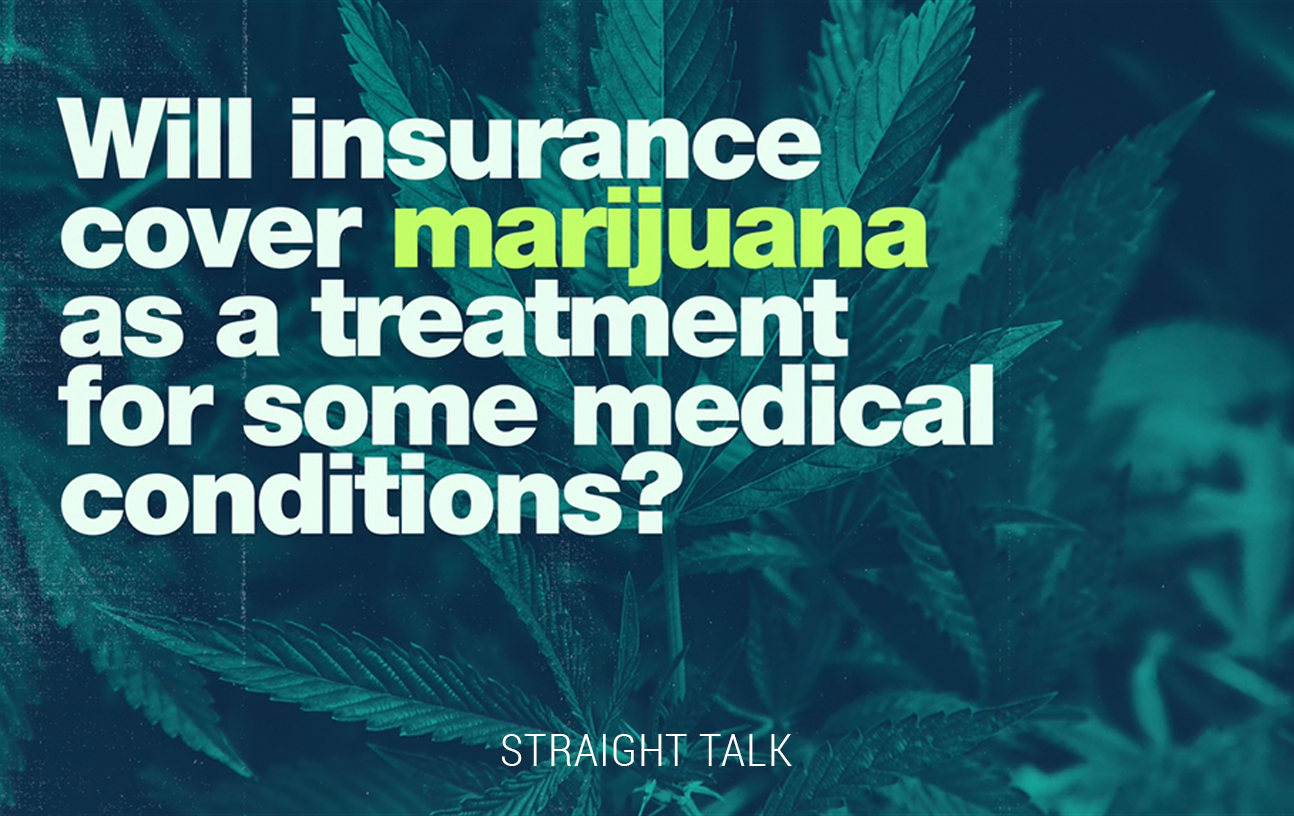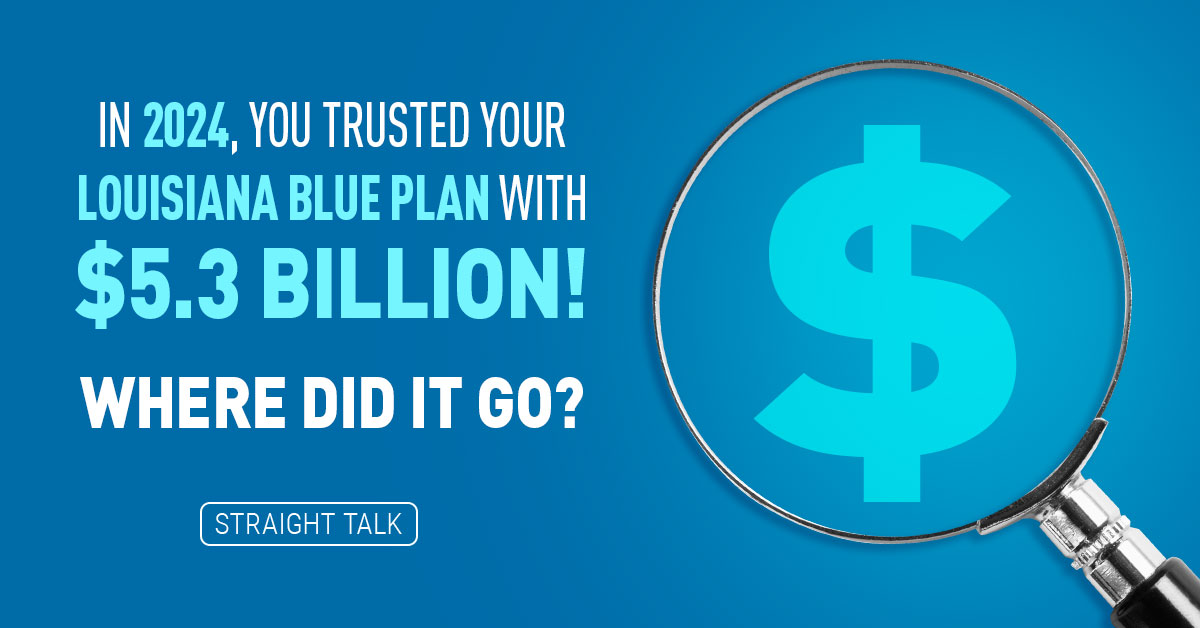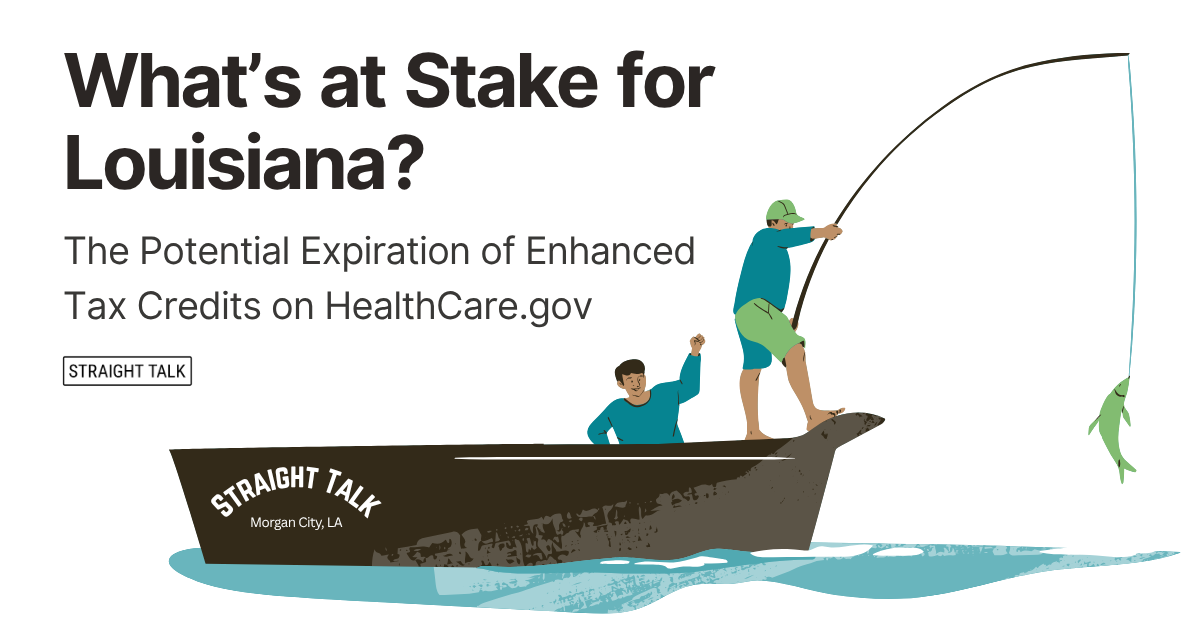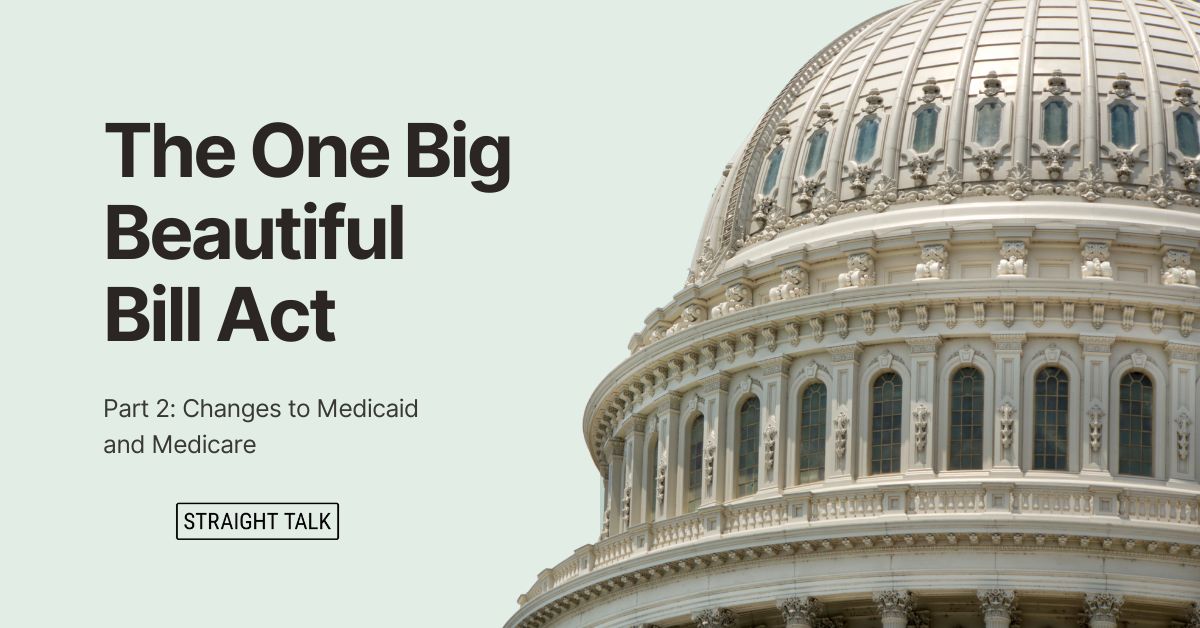Big news this week in Louisiana’s medical marijuana world!
On Tuesday, June 22, Gov. Edwards signed a bill into law that will let patients in our state’s medical cannabis program legally buy smokable marijuana from the state’s licensed marijuana dispensaries.
Previously, the dispensaries could only sell non-smokable forms of marijuana, like gummies and inhalers. The new law will go into effect on Jan. 1, 2022. And last year, the governor signed a bill that allows doctors to recommend marijuana for a wider range of conditions than included in the original 2015 law.
So that brings us to the question of the day: Will Blue Cross pay for your medical marijuana? The short answer is that while medical marijuana is becoming more accepted by the State of Louisiana and around the country, it has a long way to go before it could be covered on your insurance. Check out this video we produced back in 2018. The answer still stands!





I was a big believer that marijuana was bad for you. In the past couple of years my brother in law was diagnosed with Dementia and nothing was working. Someone I knew gave him THC on a cookie (one drop) and he went for very abusive to gentle. I do think it works and it should be paid for by our insurance company.
Thank you
Debbie!
Thanks so much for your input on medical marijuana! It is almost unthinkable that a plant with HUNDREDS of compounds embedded in it could be in our country for nearly a century without any serious research on the value and risks associated with those compounds. Thankfully now some high-end, reputable research is going on right now, being overseen by the FDA, and soon we should see medical marijuana approved with hard science for a variety of ailments. What we will learn from that will be critical things like: How much dosage? What ages/genders/health conditions show useful changes or cures? How long can you stay on them without damage to other organs? What are the risks of the various delivery systems (oil vs gummies vs smoking), what manufacturing processes filter out the necessary compounds and remove the more harmful ones? We honestly should have plenty of answers to these questions by now.
For example, as large scale study in four states last week demonstrated that regular usage of THC (the compound that gives you that euphoric feeling in weed) led to a tripling of how often female users thought of killing themselves, and a doubling of how often males thought of ending their lives. It would surely be good if we understood what caused THAT before we start paying for our customer’s marijuana.
Sadly we don’t. For us to risk premium-payers money at this stage would be negligent and I, for one, am glad we’re not going there until the actual science tells us how.
Thanks for playing!….Cheers!…mrb
My only comment is that all medical insurance companies will gladly pay for anti anxiety med and antidepressant meds that cause, have caused and will continue to cause suicidal thoughts and have cause way to many suicides. I mean the anti anxiety meds aren’t as bad as the antidepressants but literally just about everyone I know that takes some form of antidepressants start having suicidal thoughts. Why do insurance companies cover forms of synthetic marijuana? The natural form seems way more safe to me.
First, thanks for posting the video. It enlightened me about many of the complexities of the issue of which I was unaware. Secondly, like the commenter above, I have long held that there are more dangers to marijuana than benefits. However, when I watch commercial after commercial of drugs that are designed to improve maladies, yet have side effects that often include death, I wonder whether marijuana use under the guidance of a physician could be any riskier. I do understand the reasoning behind insurance companies’ hesitancy for coverage, but I would encourage the industry to use its influential lobbyists to push for the necessary changes for this medicine to be covered just like the synthetic chemicals we put in our bodies.
As a person living in chronic pain from osteoarthritis, I can tell you that marijuana is a heck of a lot better than opioids. Sure, I smoked pot in my youth. But I can tell you, it helps those who have nausea and lack of appetite from cancer. It helps my pain tremendously. We are in an opioid crisis, but insurance companies are paying for opioids that are very dangerous and addictive. I think it’s time people wake up to the fact that this plant has many medical benefits and drop the stigma that it is a dangerous substance. Yes, it should be used under a doctor’s care. Yes it should be researched. I live in Louisiana and here right now we have only 2 growers, yeah 2. Even if I could get a medical marijuana card, and my pain doctor is looking into that now, I don’t know if I could afford the price of medical marijuana. So I’m stuck between a rock and a hard place. I don’t like pain pills. They make me sick to my stomach. Yet, I’m trying to get used to Ultram because that’s what I’m being prescribed right now for my chronic pain. I don’t like the idea of being on an opioid at all, but what am I to do? I take gabapentin which I think helps somewhat and Tylenol Arthritis. I can’t take any anti-inflammatories because I caused kidney injury from being on meloxicam daily during Covid 2020 when I couldn’t get in to see a doctor.
Wytchwood
I’m very sorry to hear of your pain difficulties. Although I’ve had long-term experiences with chronic pain, your situation sounds much worse. Let me see if I can clear up the whole “medical” marijuana issue for you.
Because of very strict drug policies in the US from the 1950’s until very recently, Pharma companies with the money and resources to really isolate the hundreds of compounds in the typical marijuana plant have not been allowed to do so. Until very recently.
Health insurance companies were never set up to cover prescription drugs at all, except for the ones administered in hospital. It’s only in the last 20-30 years or so that insurance companies have covered prescription drugs at the pharmacy (to meet new laws, basically) and that those drugs have really come under massive scrutiny.
Now we face a situation where carriers do not have the $$ to negotiate their own drug deals and it takes 1,200 drug companies OR MORE just to create one single, simple, health insurance plan! Faced with that, we look to the FDA for guidance about what drugs are safe to cover in which situations.
Whatever the Feds approve, if the treatment is effective, it will usually be paid for by your insurance. Marijuana is way, way behind schedule on this, and as the FDA approves various compounds for various treatments, we will most likely cover them.
For example, purified, lab-grade CBD oil is already approved and on the shelf at your local pharmacy. The brand name is Epidiolex and it is already covered by Blue Cross for particular forms of epilepsy where it has proved effective.
Approving “flower” marijuana, with it’s hundreds of compounds, many of which are very poorly understood, it not in the cards for us. It’s effects are too random, too unpredictable, and react VERY differently to different people. None of this has really been quantified or studied they way it is for the other 10,000 drugs we do cover.
Once the science catches up, we’ll be there.
Cheers!..mrb